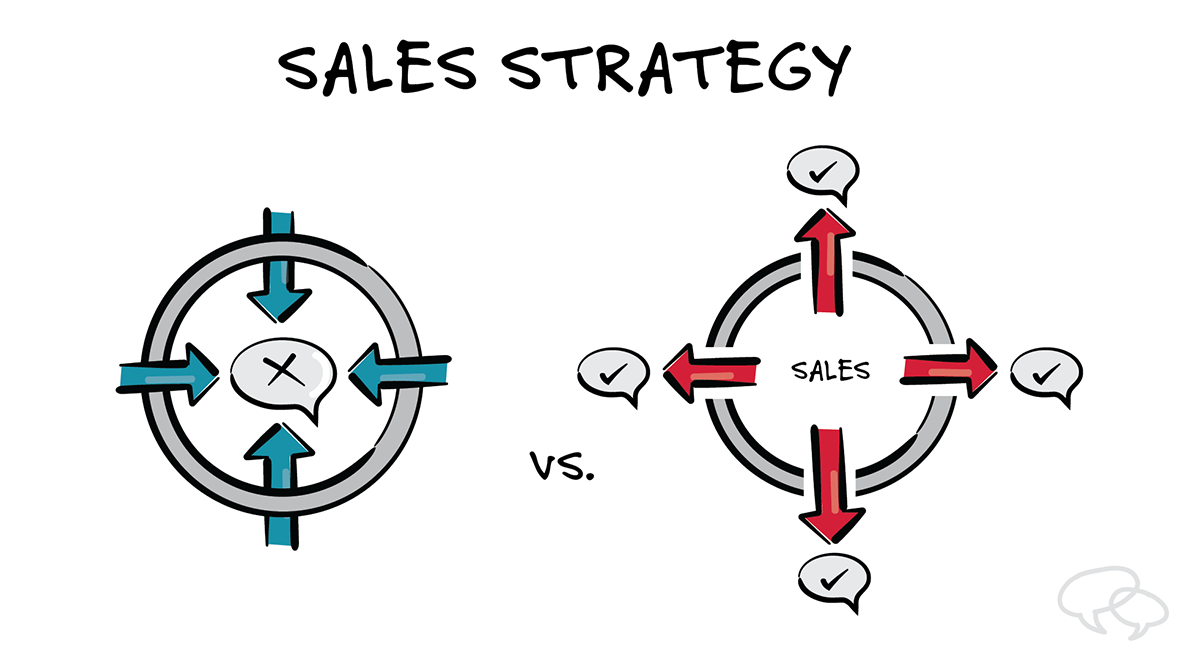When the coronavirus waves first erupted, many business leaders and organizations are caught off guard as they find themselves in a maze of uncertainties looking for ways to navigate through unprecedented times. However, it turns out to be a blessing in disguise for some organizations. Those who are able to seamlessly pivot their business operations and even experience growth. However, to achieve this, businesses have to take a new fresh look into the strategies and look for ways to make sales amidst the most difficult economic and social situations. It’s less of why we do business to how to do business while growing the organization at the same time. Here, Matthew Brannelly, a founder of Orbit NFP hub, an organization with a great passion for helping (not-for-profit) organizations grow delves deeper into sales strategy that can drive revenue during the pandemic and beyond. Let’s dive in!
Communicate and engage
While many are focused on the market and the products they offer, it is critical to involve in clear and compelling communication during this uncertain phase. Engage fast with the marketing teams, sales, pricing and support teams. Many of the employees have had to deal with loss, grief, fear and anxiety and other core human feelings. Protect your sales team beyond health and safety and get everyone on the road to recovery both for empathy and productivity.
Stay relevant with customer needs
The pandemic has transformed consumer’s tastes, habits and consumption patterns and lifestyles. This has presented newer opportunities and new markets that businesses can take advantage of. Therefore, you need to evaluate your offerings to ensure they adapt to the changing market scenarios. “If for instance, you are a retail business, fitness or you organize live events, transitioning online is the way to go and see how your services or products can adapt to home usage. While many have opted to make sanitizers, masks and other medical supplies, this might not cut the drill when things return to normalcy, says Matthew Brannelly. Therefore, revisit your strategy, see where you are losing sales and think of a way you can capitalize on the current changes to drive sales and revenues.
Focus on sales experience
While social distancing and remote working become the “new normal” going digital will lead the way in order to improve customers’ experiences. Many have shifted online using live streams, video conferencing and webinars to communicate with prospects and consumers. Matthew Brannelly suggests that businesses should turn everything virtual, connect with clients through video and facilitate the sales process. Take advantage of technological advancement to provide deep expertise, insights and support to customers. Do not forget to leverage social media channels to connect with customers at a deeper level, demonstrate expertise, build trust, brand and drive sales.
Give before you get
Consumers can sense from afar a person that only cares about sales and will likely pull away. In times where things might not be working well for business. It is easiest to be bent on making sales, prices, meeting deadlines, and basically about our needs. But remember that we succeed when we help others to be successful. This means you have to first provide value to prospects and build a tangible relationship with them. This can be putting put out a demo of your products or services, offering a free ebook that will interest them or giving out solid business advice and ideas. This way, they will appreciate the extra effort put into it and are likely to make the purchase.
Social distancing is not a barrier
Although you might already be connecting with clients and prospects through digital platforms, social distancing still doesn’t stop you from engagement that can create the feeling of the physical world. There are ways to connect with sales organizations and prospects and it doesn’t have to be anything big. “It can simply be delivering a box of pizza to their doorstep after video conferring or having a virtual tea time while chattering away the stress of the day,” Matthew Brannelly says.

